To provide the best experience, we use technologies such as cookies to store and/or access information about your device. By consenting to these technologies, we may process data such as browsing behaviour or unique IDs on this site. If you do not consent or withdraw your consent, certain features and functions may be adversely affected.
The technical storage or access is strictly necessary for the legitimate purpose of enabling the use of a specific service expressly requested by the subscriber or user, or for the sole purpose of carrying out the transmission of a communication over an electronic communications network.
The technical storage or access is necessary for the legitimate purpose of storing preferences not requested by the subscriber or user.
Technical storage or access used exclusively for statistical purposes.
Technical storage or access used solely for anonymous statistical purposes. Without subpoena, voluntary compliance by your Internet Service Provider, or additional data from a third party, information stored or retrieved solely for this purpose cannot usually be used to identify you.
The technical storage or access is necessary to create user profiles for sending advertising, or to track the user on a website or across different websites for similar marketing purposes.
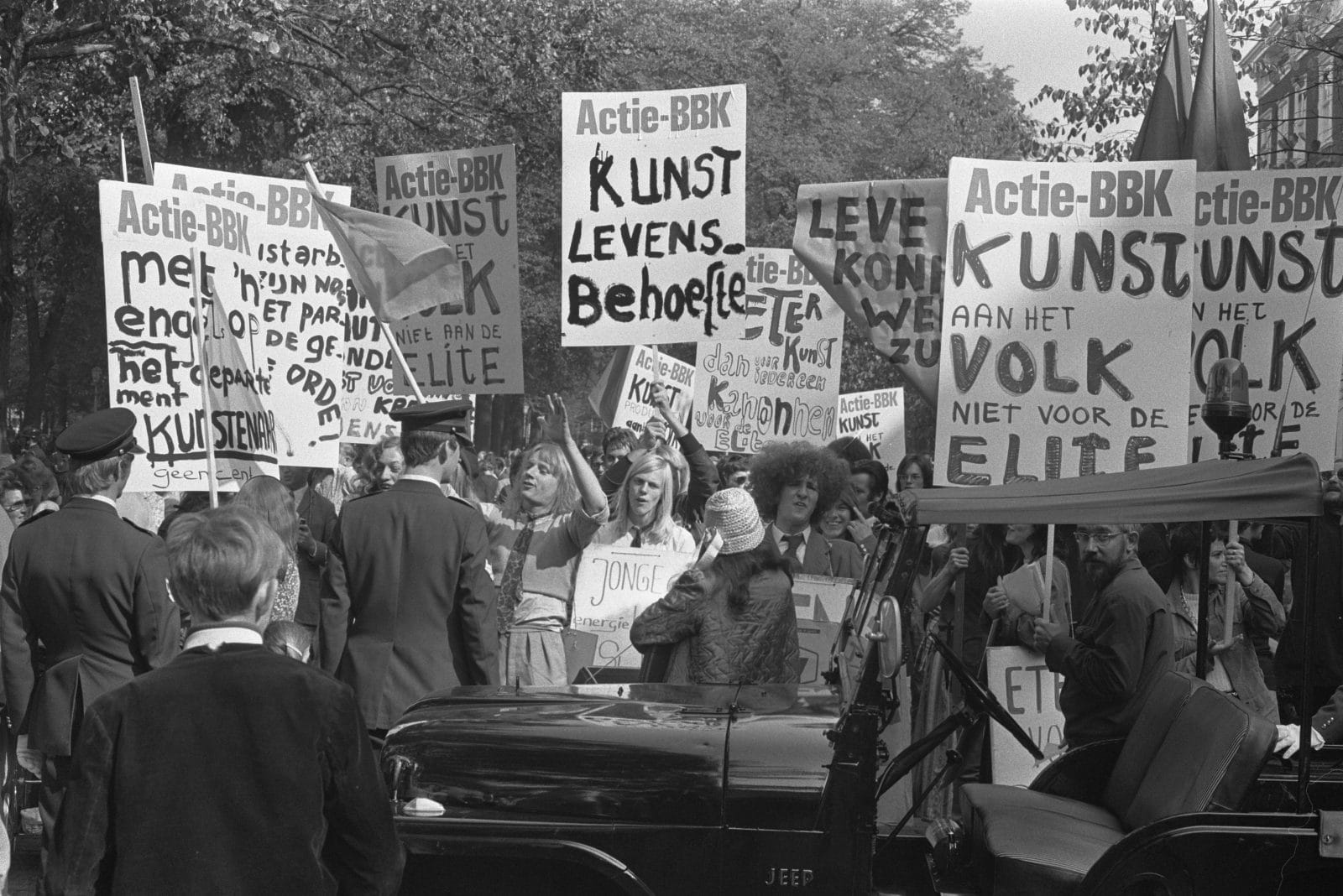
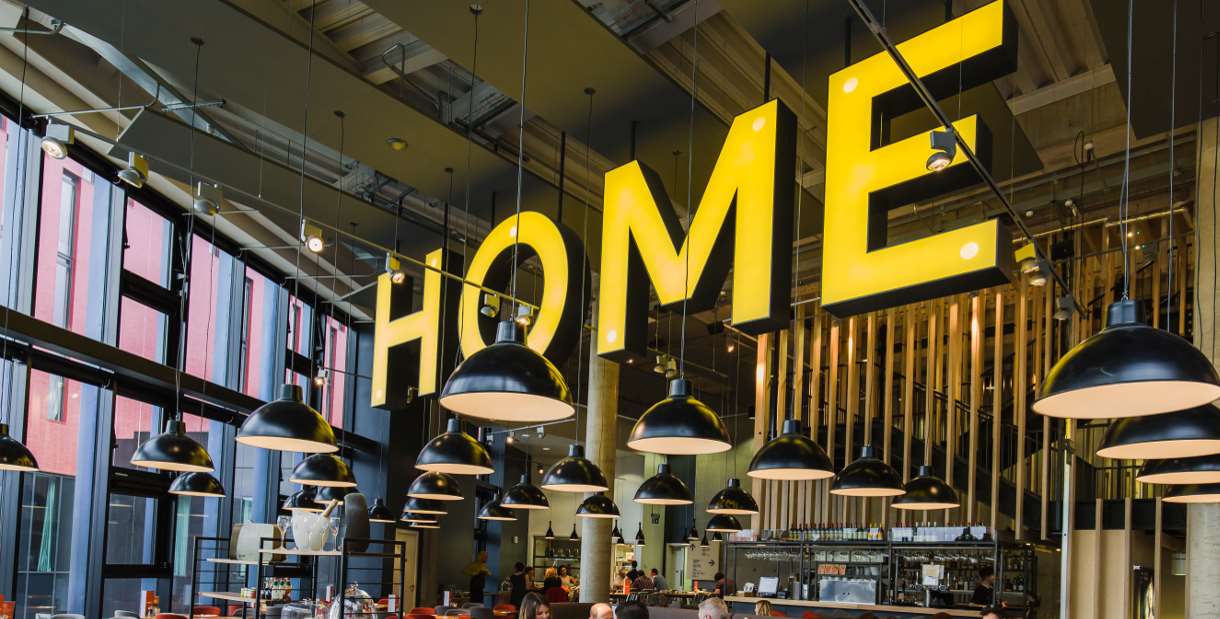
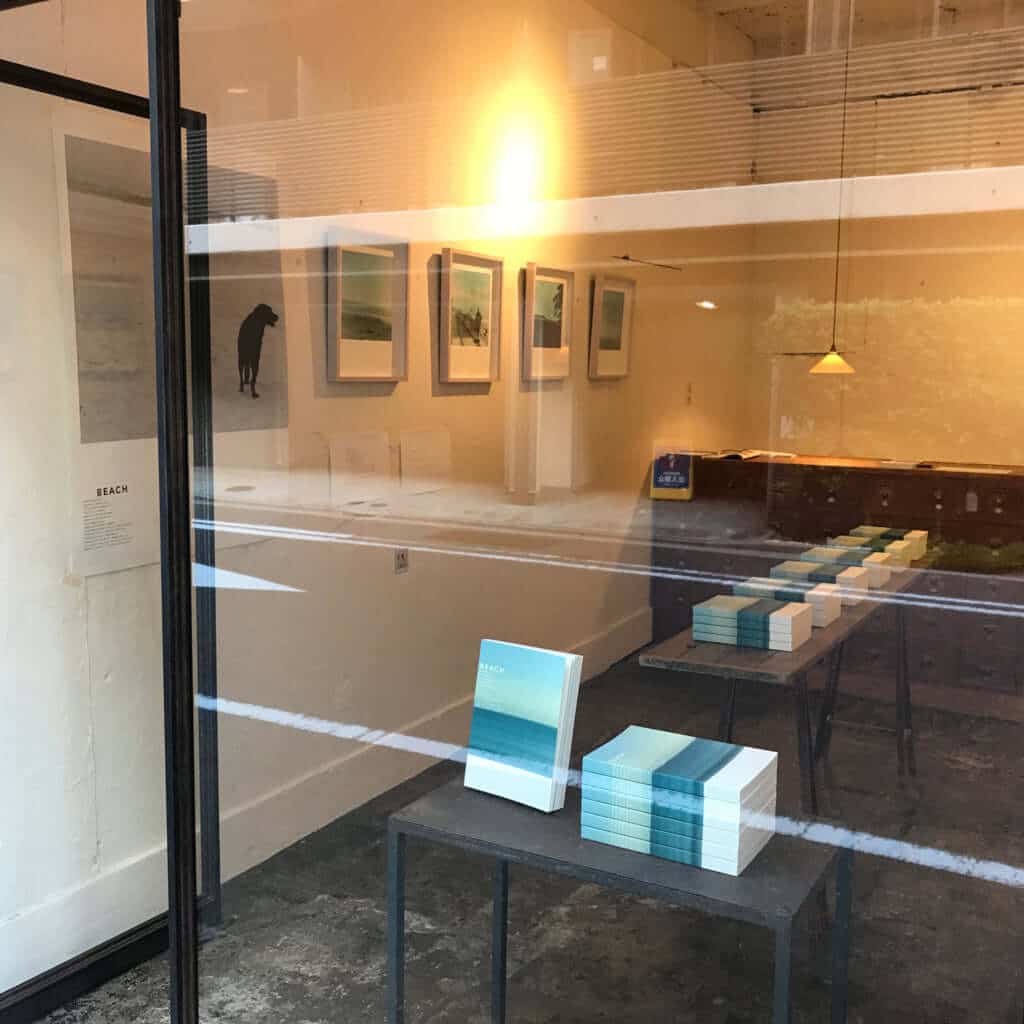
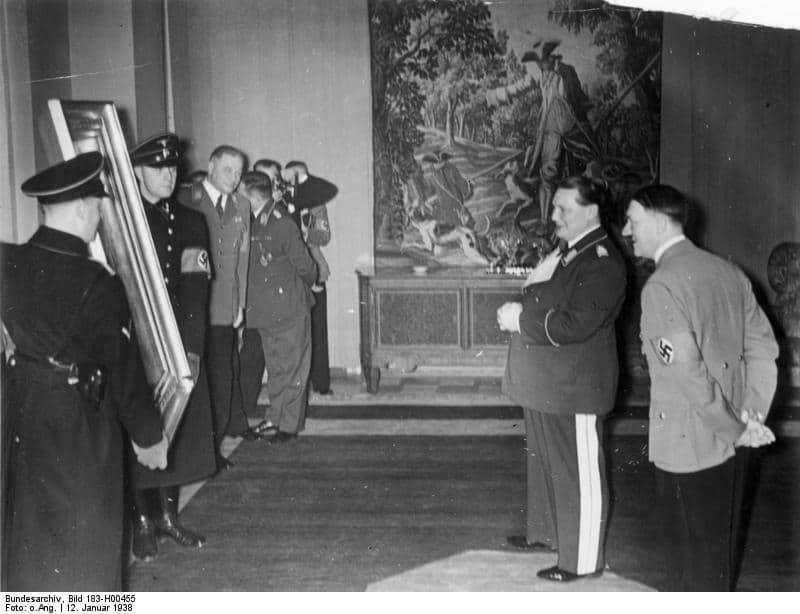
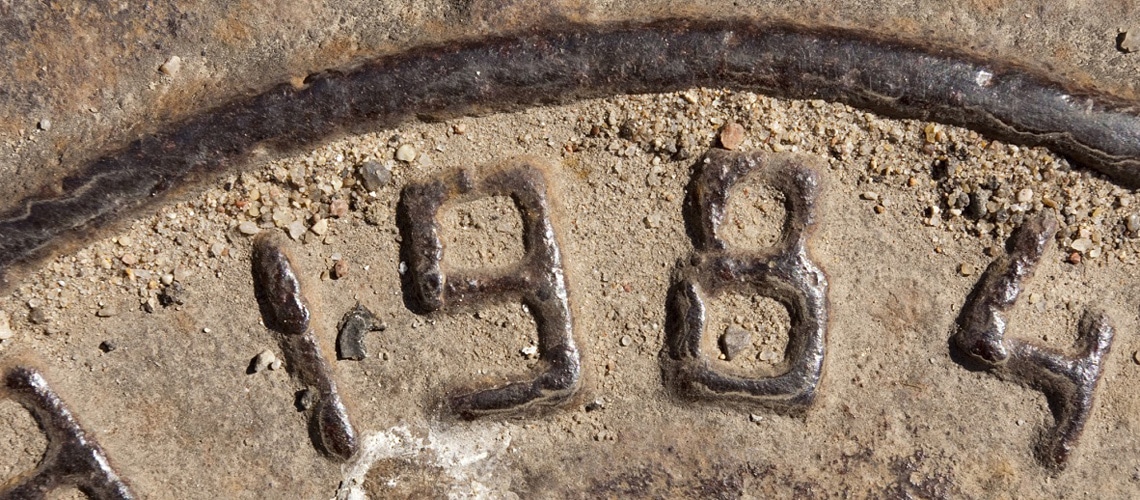
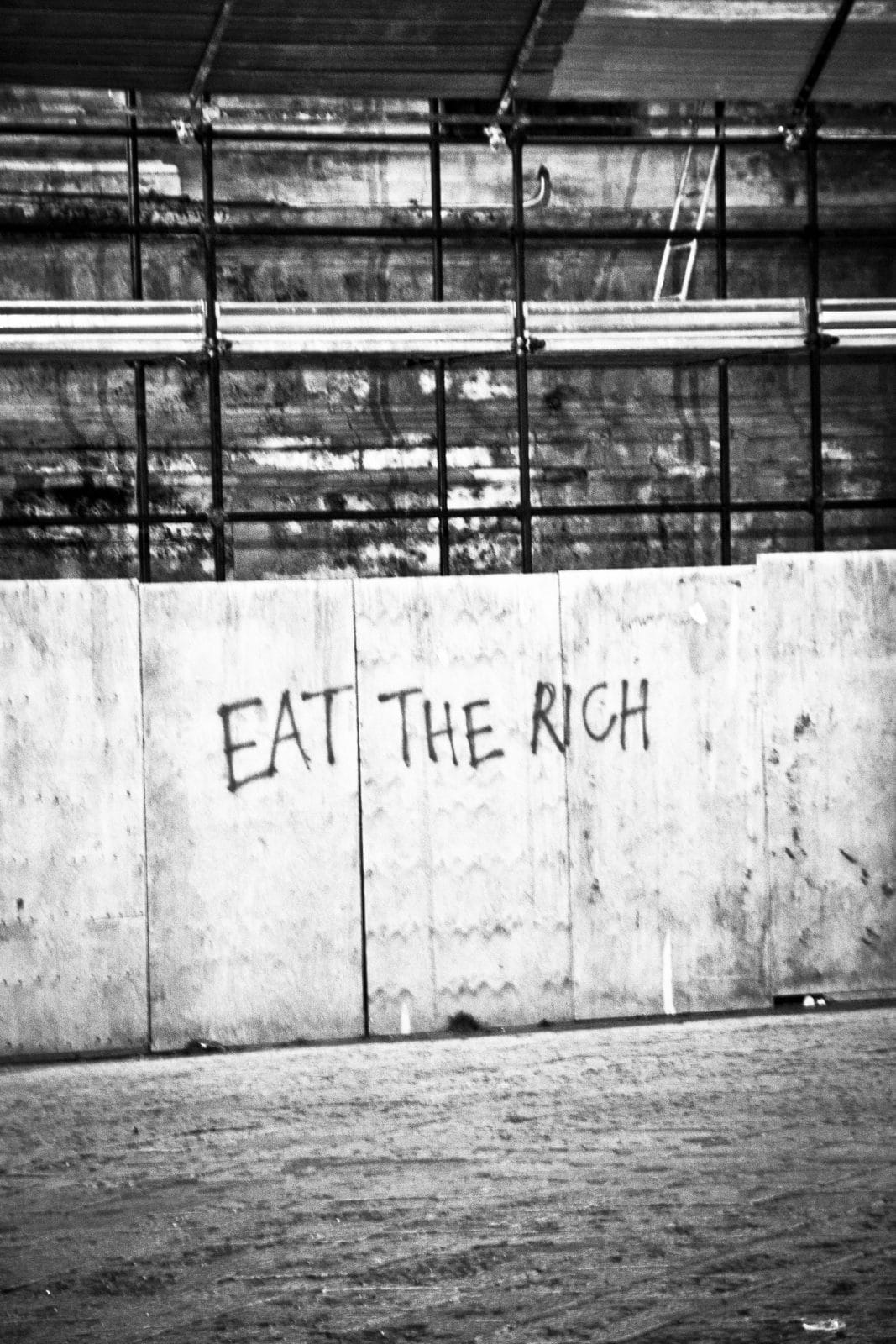

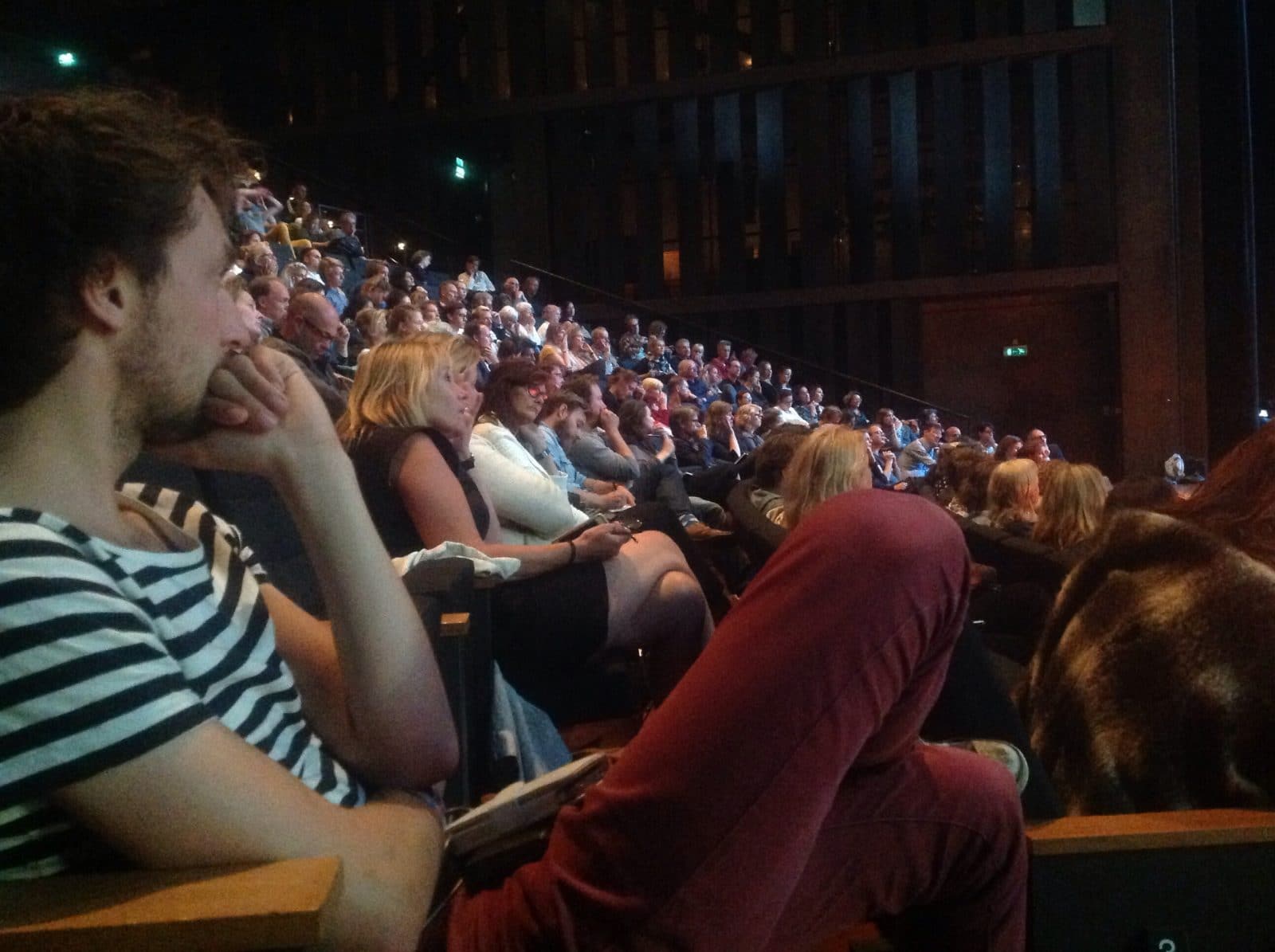
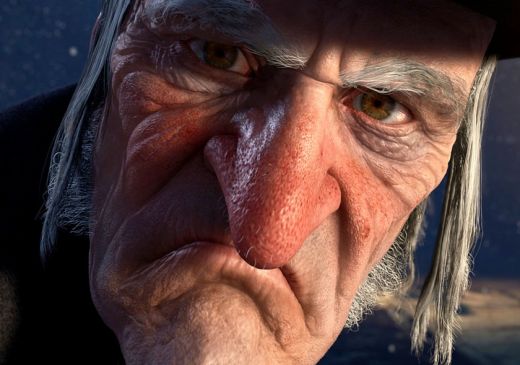
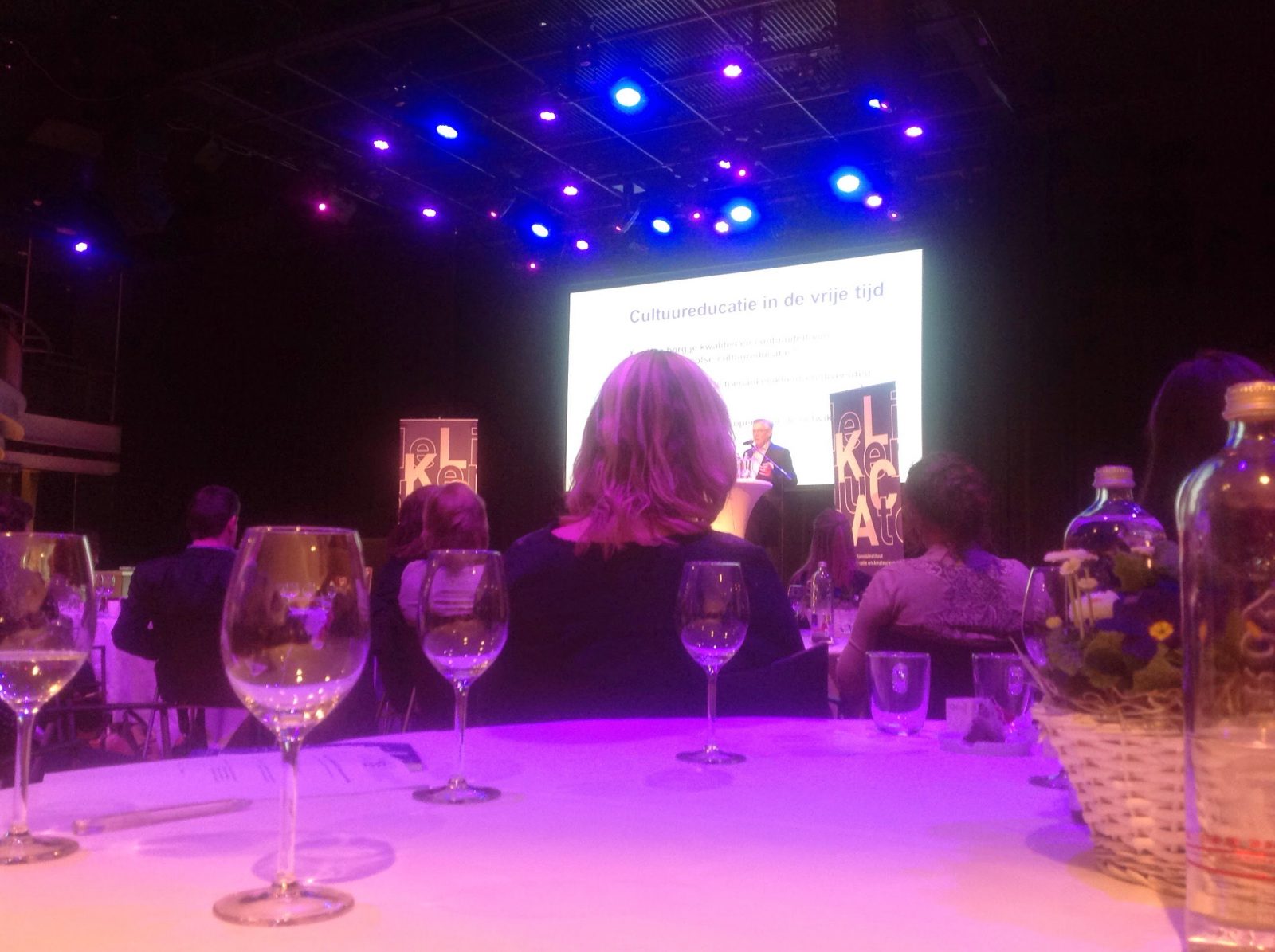
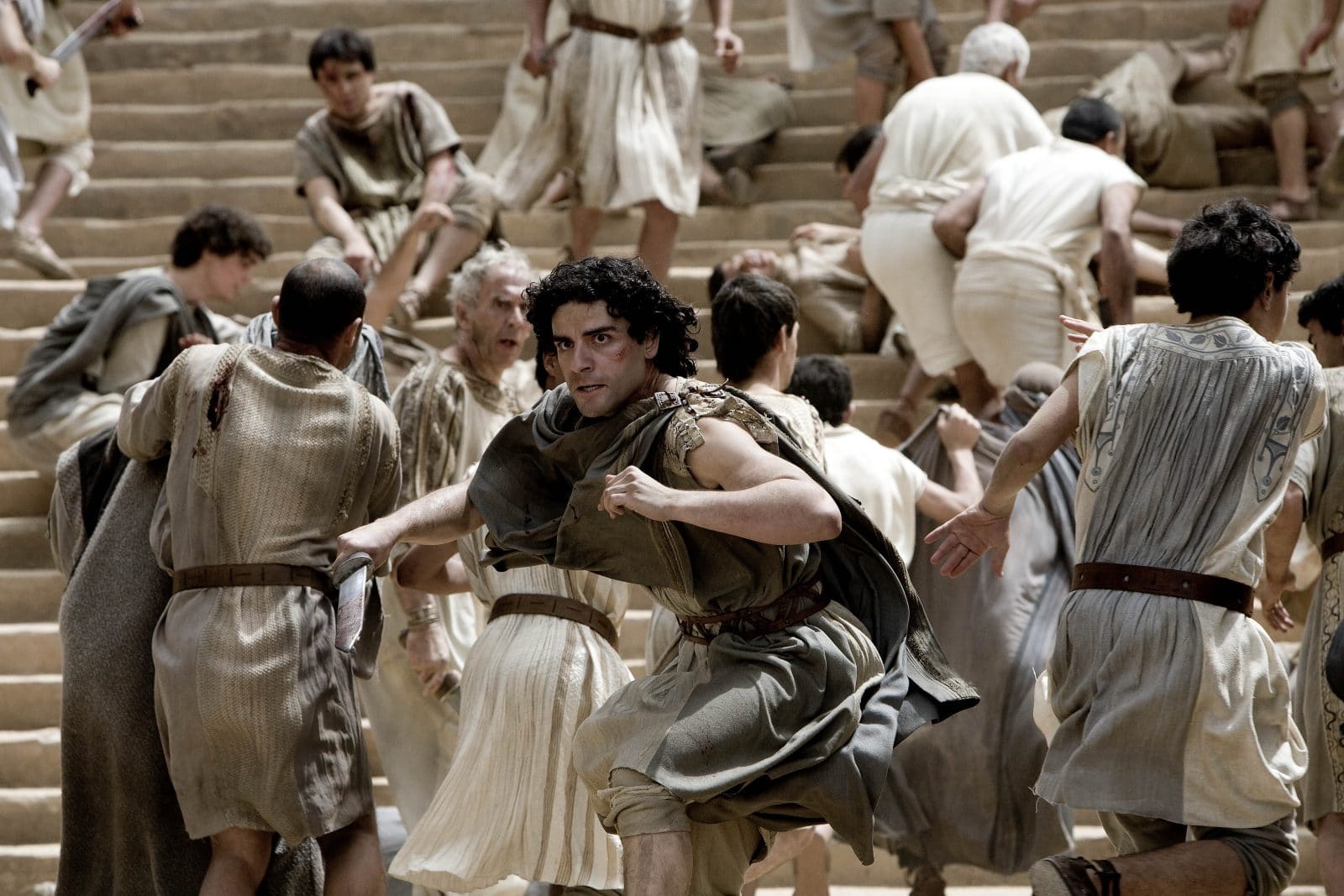
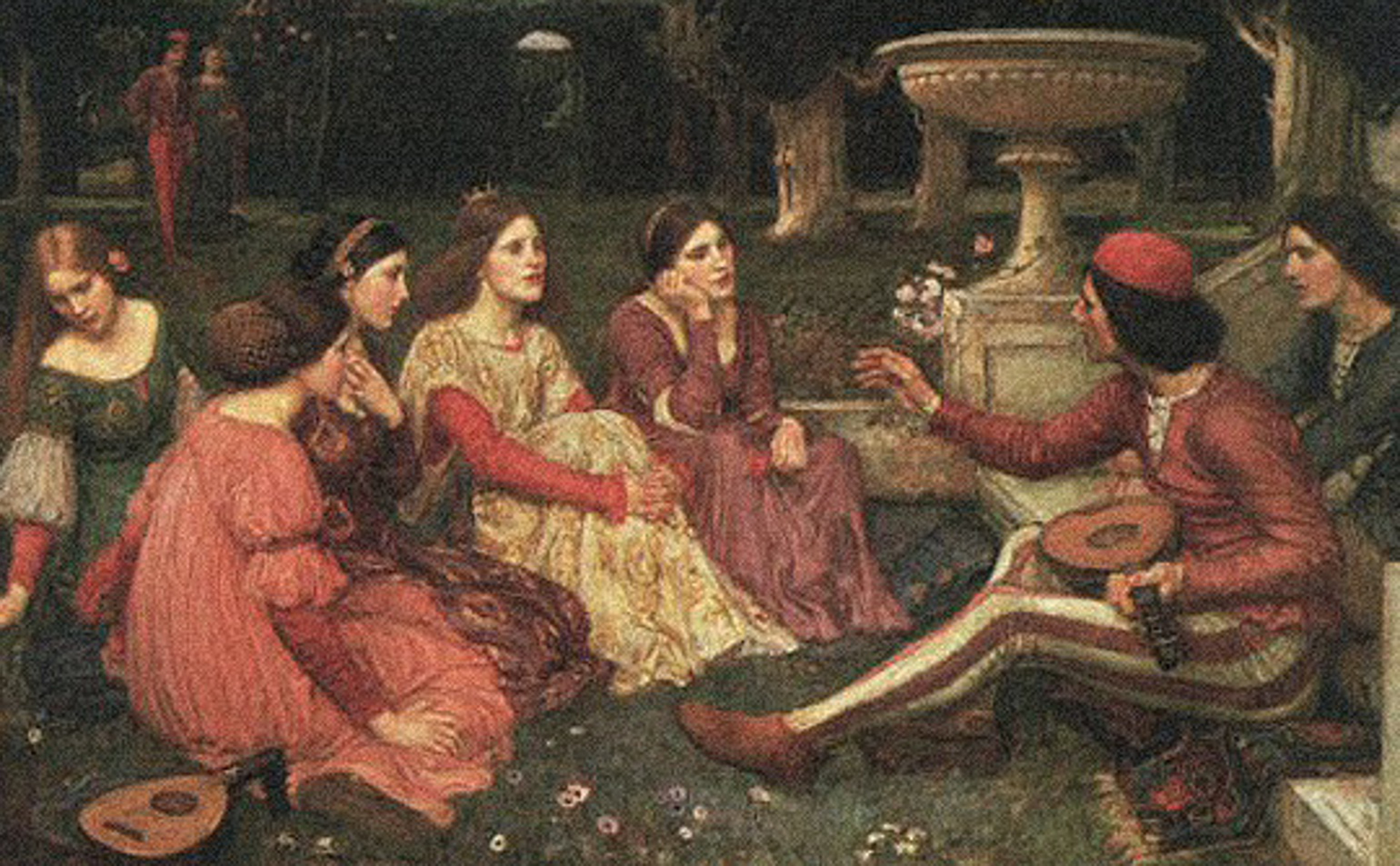
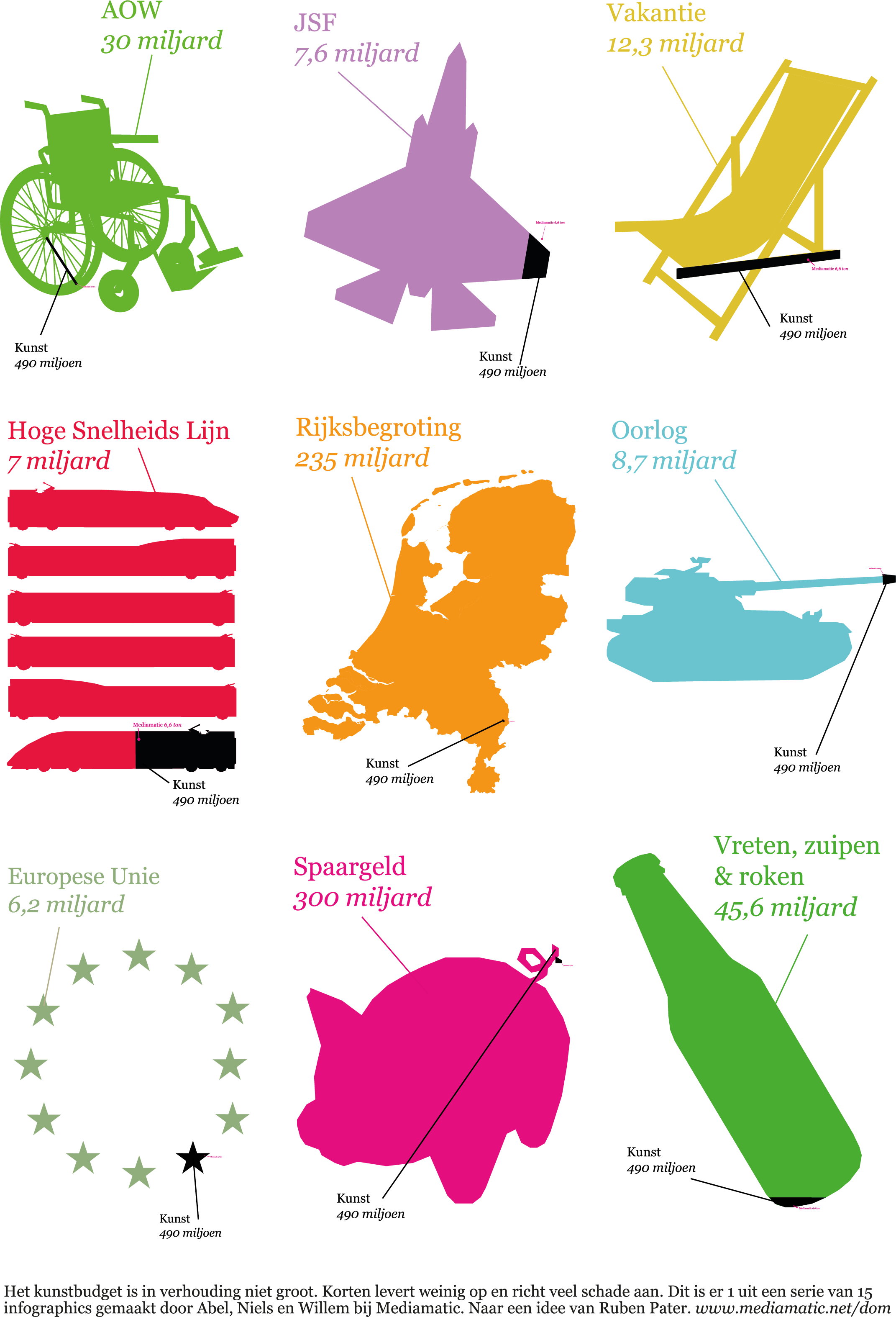


You must be logged in to post a comment.